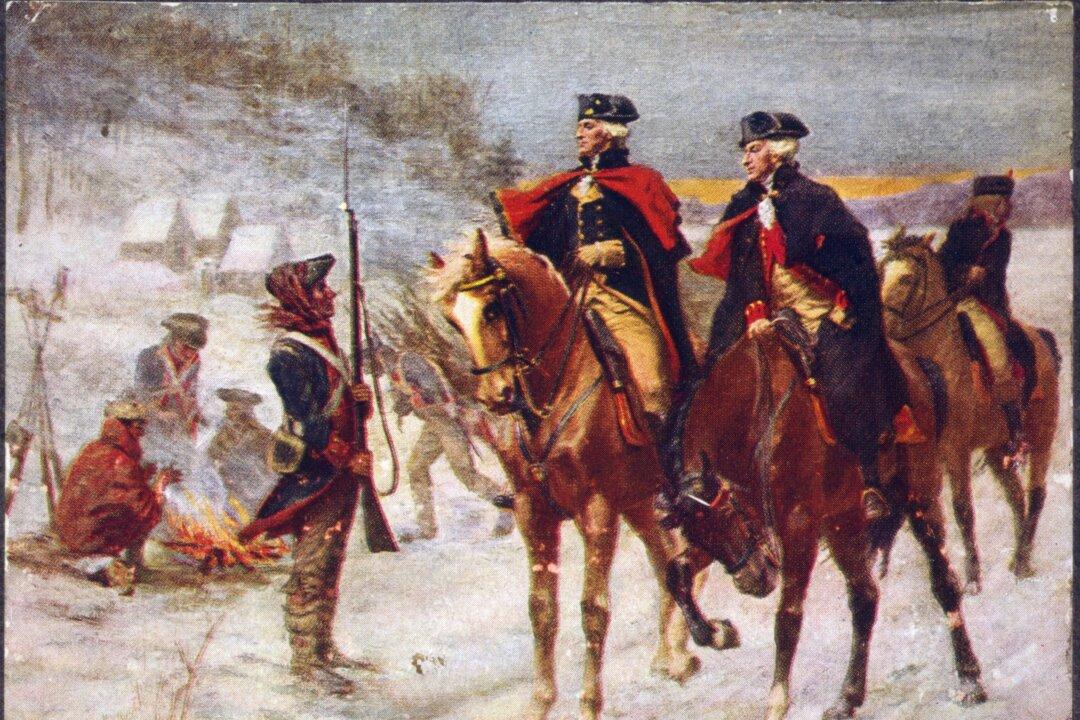Christmas 2022 will be long remembered for the savage winter storm that struck much of the United States.
Buffalo, New York, saw four feet of snow and deadly low temperatures. A friend in Minneapolis-St. Paul told me that the weather service there once cheerily reported that the temperature would climb to 6 degrees the following day. Cities and towns around the nation suffered power outages and broken water lines.






